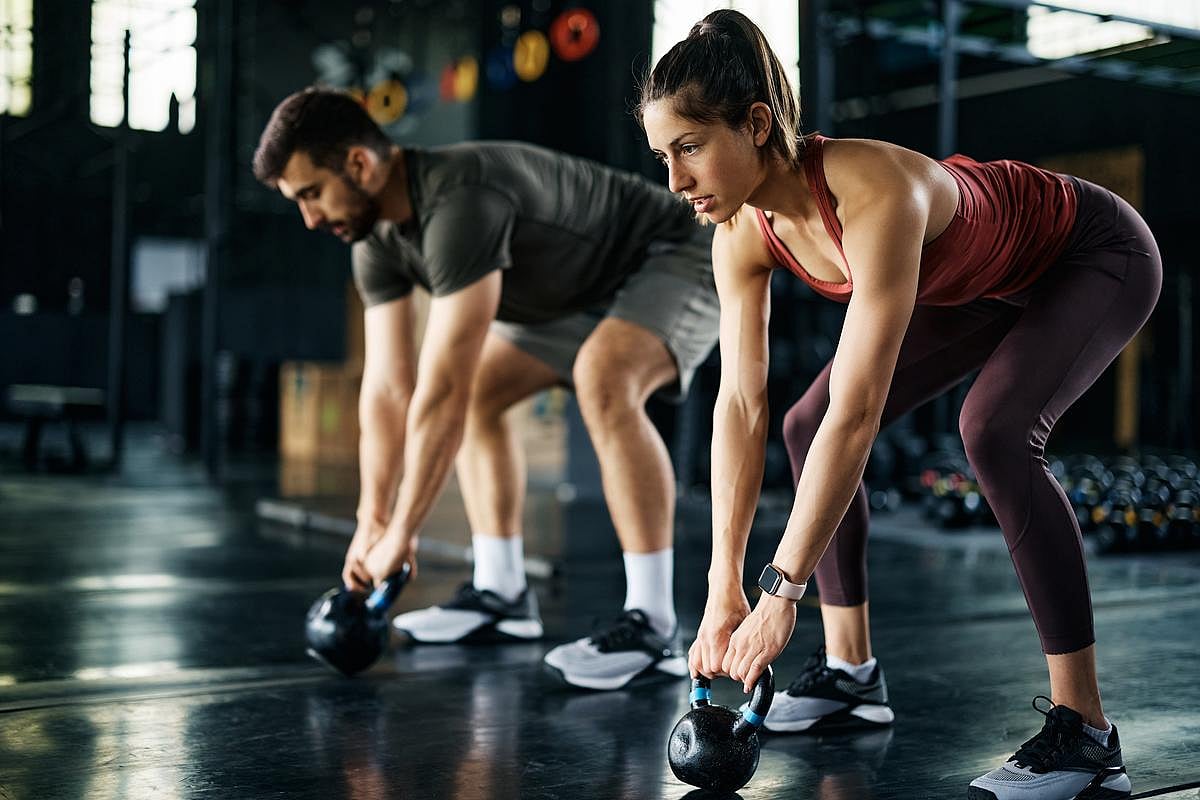Manténgase sano!

- Ernie Mundell
- Posted September 9, 2024
Vaping Could Make Young Adults Physically Weaker
In exercise bike tests, twentysomethings who'd been vaping for at least two years had much lower exercise capacity than those who didn't, and the losses were equal to those of folks who'd spent a similar amount of time smoking.
The vaping young adults "found it harder to breath, their muscles became more fatigued, and they were less fit overall," said study lead author Dr. Azmy Faisal of Manchester Metropolitan University in the U.K.
"In this regard, our research indicated that vaping is no better than smoking," said Faisal, who presented the findings Sunday in Madrid at the annual meeting of the European Respiratory Society (ERS).
According to Faisal, it's long been known that the use of e-cigarettes "is linked to lung inflammation and damage, and harmful changes to the blood vessels."
But for young smokers, could a switch to vaping still be healthier? In an ERS news release, he said the jury is still out on that.
"We don’t yet know what longer-term vaping use does to our bodies," he explained.
To help find out, the Manchester team recruited 60 people in their 20s, all of whom appeared to have normal lung function based on standard tests.
Twenty neither vaped nor smoked, 20 had vaped for at least two years and 20 had smoked for at least 2 years.
Each participant was subjected to exercise tests on a stationary bike, with the intensity of the exercise increased until each person reached their maximum.
Heart, lung and muscle responses were monitored. Artery function was assessed via blood tests and ultrasound.
Some differences were easily gauged. For example, the smokers and vapers visibly got out of breath even before they reached exercise capacity, and long before participants who neither vaped nor smoked.
Vapers' and smokers' legs also got fatigued earlier during exercise. Blood tests typically showed high levels of lactate (a sign of muscle fatigue) before they reached top capacity, the researchers said.
Blood tests and ultrasound scans also showed reduced blood vessel performance among the smokers/vapers compared to folks who had neither habit.
In measurements of exercise capacity, vapers and smokers scored about the same, with capacities topping out at 186 watts and 182 watts, respectively. That's compared to the average 226 watt maximum exercise capacity seen among the never-smokers/vapers.
Finally, average oxygen consumption among exercising vapers and smokers was much lower than that of never-smokers/vapers, at 2.7 litres per minute, 2.6 litres per minute and 3 liters per minute, respectively.
“In this study, we looked at a group of young people with no apparent signs of lung damage," Faisal said. "Among the people who had been vaping or smoking for at least two years, we saw important differences in how well they coped with exercise.”
Dr. Filippos Filippidis is chair of the ERS Tobacco Control Committee and a reader in public health at Imperial College London. He wasn't involved in the study.
According to Filippidis, “although it’s always a challenge to know if the associations we find in these studies are causal or a result of some other systematic differences between groups, people who vape need to be aware that using these products could make them less fit and able to take part in exercise. Doctors and policymakers also need to know about the risks of vaping, and we should be doing all we can to support children and young people to avoid or quit vaping.”
Because these findings were presented at a medical meeting, they should be considered preliminary until published in a peer-reviewed journal.
More information
Find out more about the dangers of vaping at the American Lung Association.
SOURCE: European Respiratory Society, news release, Sept. 8, 2024





